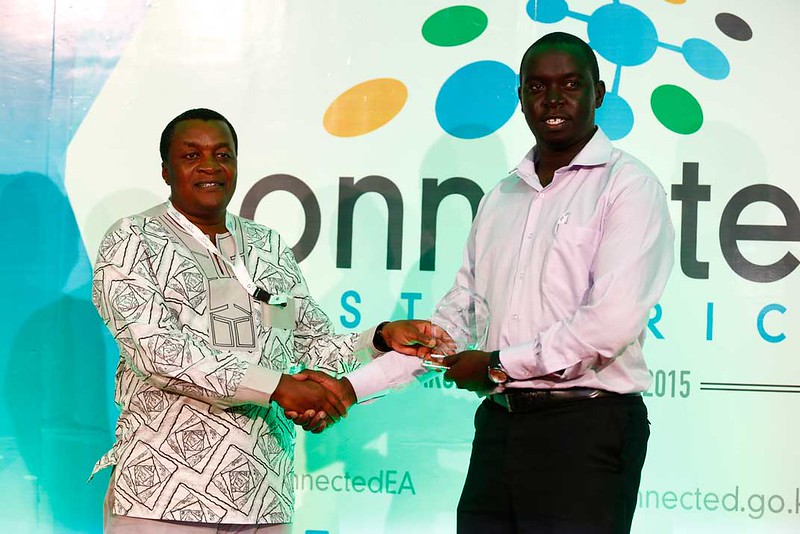Six Technological Innovations in Healthcare Helping the World’s Poor

In today’s fast-paced world, it’s easy to get caught up in the new big technology or startup that’s coming out of Silicon Valley. But these innovations happening close to home can often obscure the work that’s happening abroad: work that is very often life-saving. Here are 6 technological innovations in healthcare that are helping the world’s poor:
1. TotoHealth
An innovative way to use technology for healthcare, TotoHealth is a way of providing maternal education via text message. The texts remind parents about vaccinations, give advice on family planning and detect warning signs in the pregnancy to alert the parents.
Currently, they have nearly 38,000 enrollees in 6 counties across Kenya. This is an essential technological innovations in healthcare, given that currently in Kenya, 510 mothers out of every 100,000 die in childbirth. TotoHealth is committed to bringing that number down.
2. Gozee
Founded by access.mobile International, a digital health company, Gozee is a sleek, friendly website that connects people in Uganda and Kenya with doctors near them. The website also collects a trove of data, that allows doctors to make quicker, easier, and more accurate diagnoses.
This service is vital in developing countries, where healthcare infrastructure is often severely lacking. Gozee puts the power in the hands of the patient and allows them to take ownership of their care.
3. Vula
In 2014, Dr. Mapham got tired of driving up to eight hours to diagnose patients in rural Swaziland. So he created Vula, a mobile app that streamlines the diagnostic process by connecting primary health care workers, who live in more rural areas, with specialists, who can easily diagnose problems like cataracts.
All the primary healthcare worker needs is a phone with a camera—by snapping a couple of pictures of the patient, the specialist can diagnose the problem and give advice on treatment options. Since 2014, Vula has expanded its diagnostic capabilities to cardiology, orthopedics, burns, HIV, and dermatology. Like many other technological innovations in healthcare, Vula takes commonplace tech most people have and harnesses its power for life-changing results.
4. Project Khuluma
It’s hard navigating life when you’re a teenager. It’s even harder if you’re HIV positive. Project Khuluma, a South African based service set up by the SHM Foundation, is a text-messaging based support group that gives South African HIV-positive teens a safe space to anonymously share concerns, listen to advice, and make lasting friendships.
The project has tangible results, showing decreased levels of anxiety, depression, and internalized stigma in the participants. It also increased knowledge about HIV and the resources available to them.
5. Ambulance Taxi
The maternal mortality rates in Tanzania are among the highest in the world. Vodafone, partnering with Pathfinder International, Touch Foundation and USAID, is working to change that. By setting up a toll-free emergency line similar to 911, Vodafone gives pregnant women suffering medical complications access to quick and potentially lifesaving medical care.
The taxi service is projected to save at least 2,700 lives per year in Tanzania alone. Technological innovations in healthcare such as this one are desperately needed, as they broadly expand access to healthcare for the rural poor.
6. Khushi Baby
India has one of the lowest child vaccination rates in the world, in large part because there is no viable infrastructure to track when babies have been immunized. Richit Nagar and Leen van Besien, two students at Yale, noticed this and discovered an innovative solution. They crafted a necklace similar to the pendant babies are given to protect them from the evil eye, but this necklace records and stores immunization data for the baby.
Health care workers can scan the necklace to view and update the baby’s medical records. Khushi Baby hopes to expand to serve over 300 villages in India, and their necklaces are a prime example of the good that comes when technological innovation in healthcare works within a culture.
It is these kinds of technological innovations in healthcare that empower the global poor and lift them out of poverty. Access to healthcare is a fundamental human right and a foundation for living a safe and secure life. These pioneering technological innovations might not be as flashy as the latest iPhone, but they are drastically more important, and they’re doing vital work.
– Adesuwa Agbonile
Photo: Flickr
